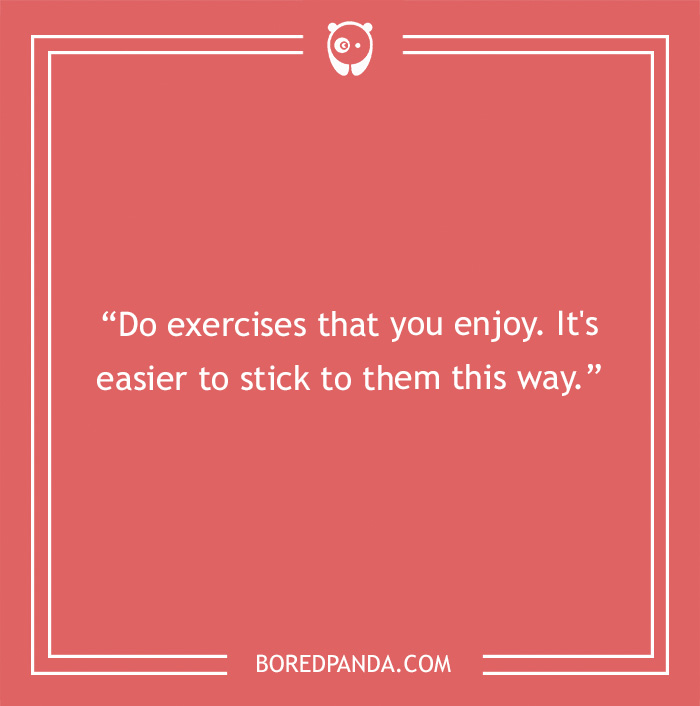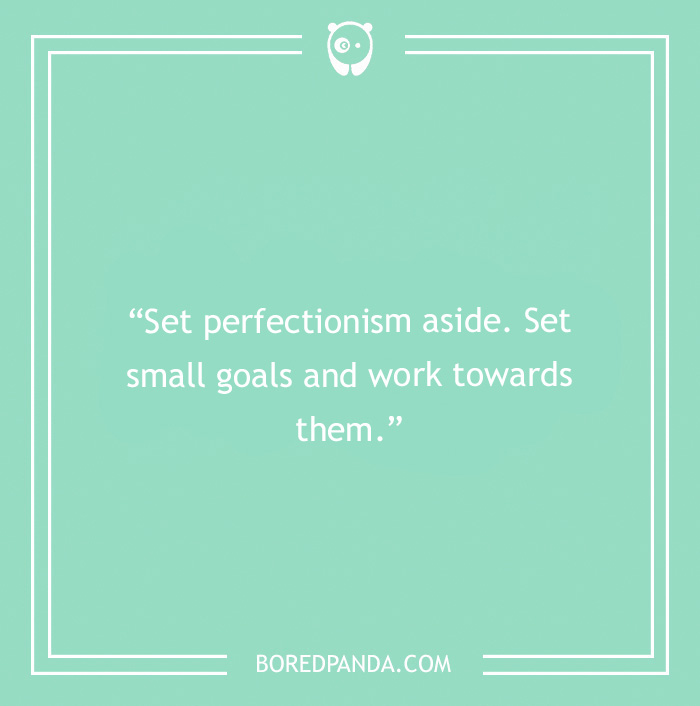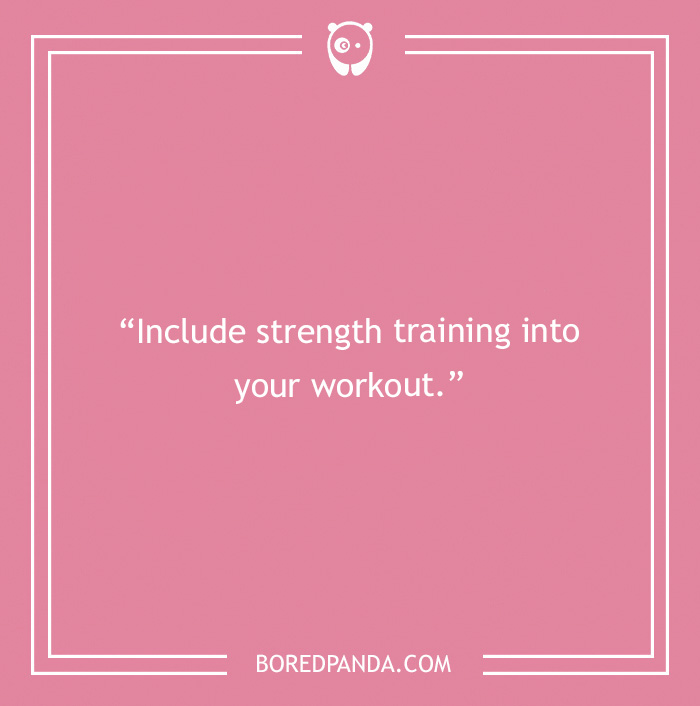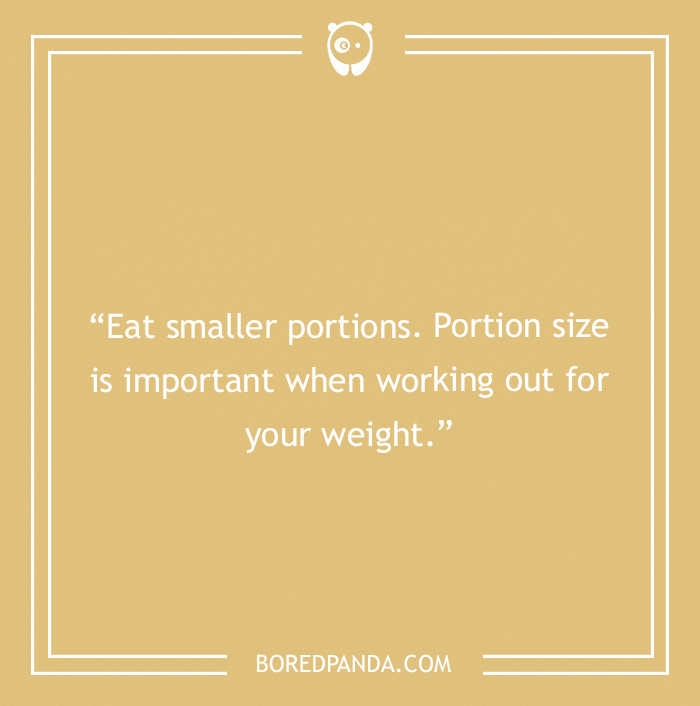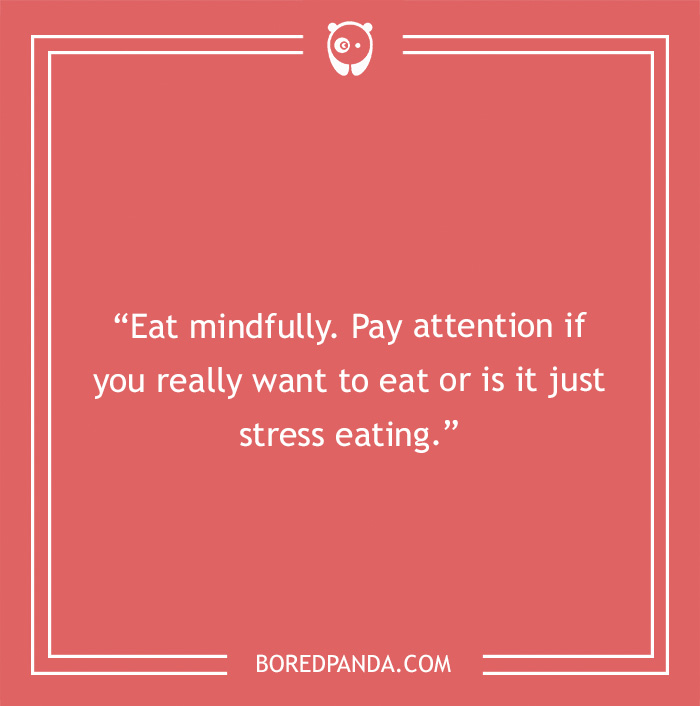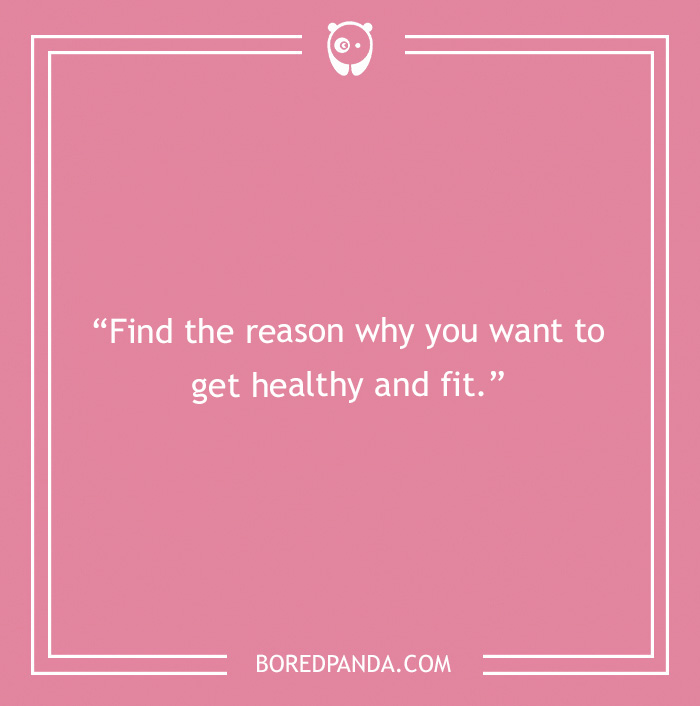Healthy looks different on everybody. What works for one person may not work for another, and ultimately, there's no set of rules which will guarantee immaculate health and a fit body. However, certain health and fitness tips have been time-tested and proven reliable and beneficial.
Nevertheless, when trying to apply any fitness tips in one's routine, whether nutrition or workout-related, it's essential to evaluate how sustainable they are in the long run. Ultimately, it's the established habits and consistency which bring the results. When approaching fit tips or health tips in general, one must really face why the shift in their habits is required. Thus, not only storing good tips and advice but also the whys and the wherefores in one's head will ultimately pave the road to success.
Below, we've compiled a list of fitness tips for life. Take into account that no fitness tip is universal and what might work for one may not work for another. And remember, one good habit leads to another! Do you have any tips for fitness that improved your life? Share them in the comments! And if you are looking for even more motivational content, check out our posts featuring fitness quotes and kick-ass gym quotes!
This post may include affiliate links.
Cook at home as much as you can.
You'll be able to pick the ingredients and evaluate the nutritional value of your meals. Plus, it saves money!
Try to avoid eating at your work desk.
With more and more people working remotely, consuming your meals in a designated space (dining room, kitchen, cafeteria, etc.), not your desk, is very important. Eating and working simultaneously takes away one's focus from consuming food. Also, eating your meal at your desk may be less satisfying and rushed, and you'll probably want more soon after.
Find different ways to measure success than just stepping on a scale.
For example, notice how you feel after a run, walk, and so on.
Make movement a part of your daily life.
Don't go to parties on an empty stomach.
You are unlikely to find chicken with rice and veggies at the party. Also, drinking on an empty stomach is not only unhealthy but may also result in a terrible hangover, which often provokes cravings for unhealthy foods the next day.
Have healthy snacks nearby.
When you get snack cravings, it's better to have healthier options prepared.
Workout together with someone.
Researchers say working out together with other people is linked to lower levels of stress and better quality of life.
Show off your results.
Celebrating little victories fosters feelings of happiness and pride. This encourages perseverance in pursuing the following baby steps and, ultimately, the main goal.
Cut coffee calories.
Work out in the morning.
While it doesn't matter when you work out, you're more likely to make up excuses to skip exercising later in the day.
Reward yourself.
Watch a TV show, get a massage or a nice bath.
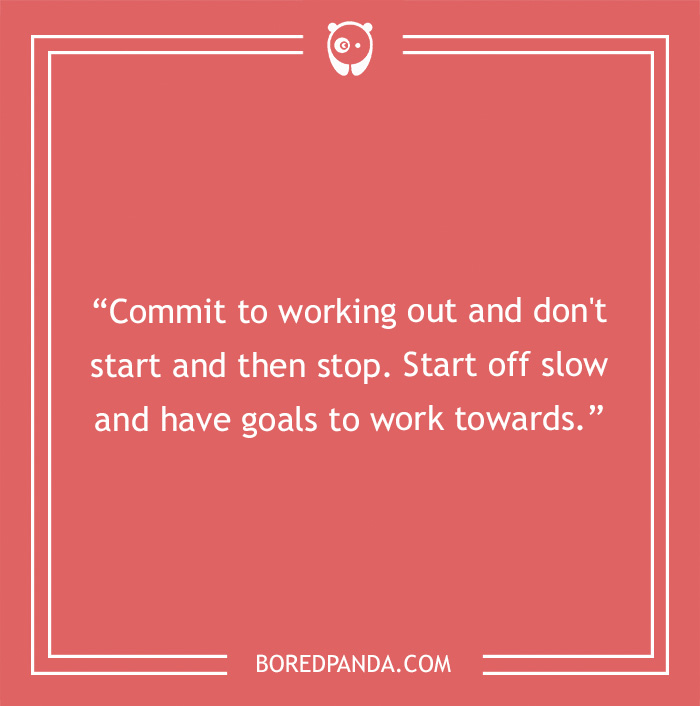 Commit to working out and don't start and then stop.
Commit to working out and don't start and then stop.
Start off slow and have goals to work towards.
Create smaller, measurable goals you can check off regularly.
You'll keep your motivation in check this way.
If you're working a job in which you have to sit for a long time, consider purchasing a standing desk or standing up for about 15 minutes every hour.
Approach each day as a clean slate.
If you fell short of your goals the day before, there is always the next day. No need to drop the goals all together.
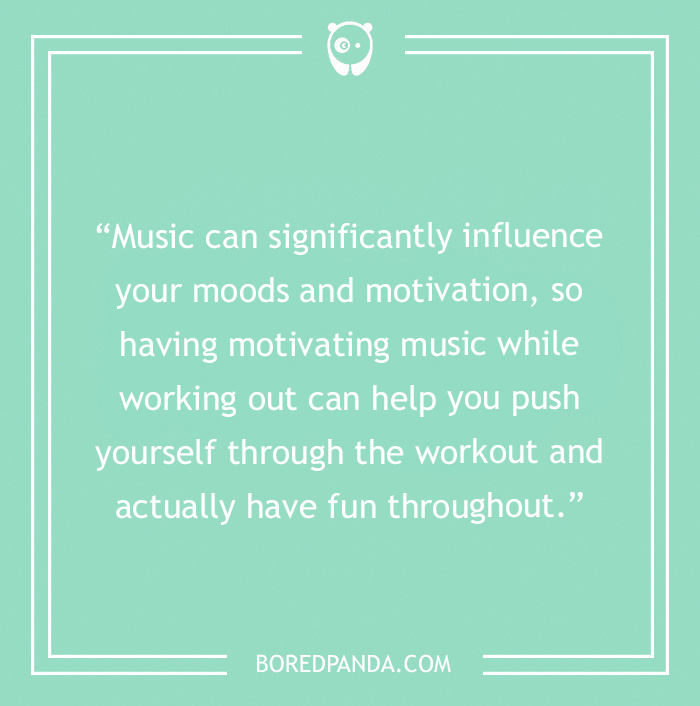 Listen to motivating music.
Listen to motivating music.
Music can significantly influence your moods and motivation, so having motivating music while working out can help you push yourself through the workout and actually have fun throughout.
Workout outdoors.
Connecting with mother nature can make you feel a lot better and achieve better results.
Be careful about fitness influencers selling a "quick fix."
Losing weight takes time, effort, and hard work, and there is no such thing as a quick fix. Weight-loss pills, "skinny" teas, body wraps, creams, and patches promoting weight loss are SCAMS.
If you're training for endurance, prepare yourself.
This form of training is very demanding on your body, so make sure you're eating well and are hydrated.
Don't skip more than one workout.
Not all workouts have to be of high intensity (they shouldn't!), but consistency is key.
Make a list of things that irritate you.
Maybe you'll be able to solve some of them, keeping your mind free to focus on fitness.
Push your limits.
Pushing your limits doesn't mean upping your weights every single workout. However, working within the confines of what you already can do is no road to progress.
If you want to lose weight, burn more calories than you eat.
From a biological perspective, losing weight is all about “calories in versus calories out.”
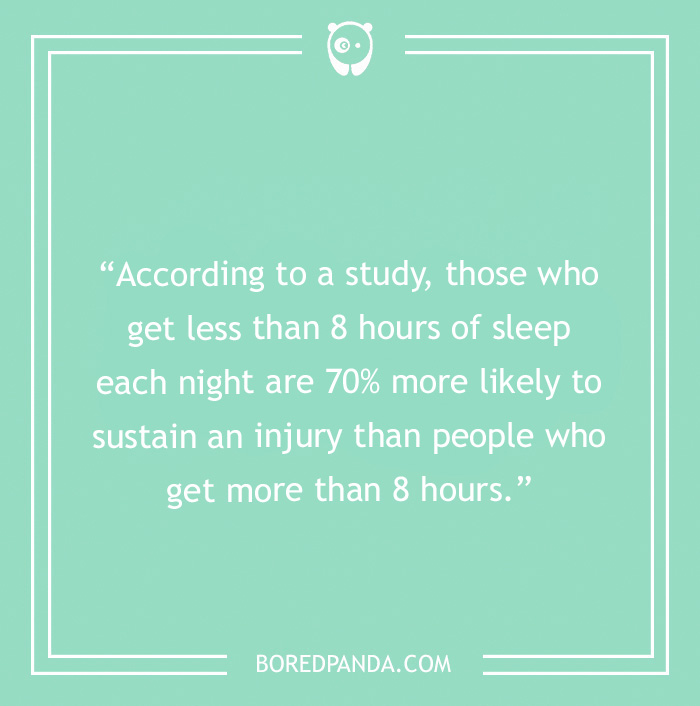 Get enough sleep.
Get enough sleep.
According to a study, those who get less than 8 hours of sleep each night are 70% more likely to sustain an injury than people who get more than 8 hours.
Use proper footwear.
Comfortable footwear can significantly improve your working out experience.
Stretch after a workout.
Stretching is essential to keep muscles strong, flexible, and healthy. Without it, the muscles shorten and tighten and may become weak and unable to fully extend during your next workout.
Work out according to your goals.
If you want to get big, consider throttling back on your cardio. Cardio might burn too many calories if your goal is to gain mass.
Track your progress with photos.
It might not look like it every day, but you're making progress. Take pictures weekly, and you'll be able to see the difference.
Find a workout buddy.
Not only is it nice to have company, but exercising together with someone can be a great motivational tool.
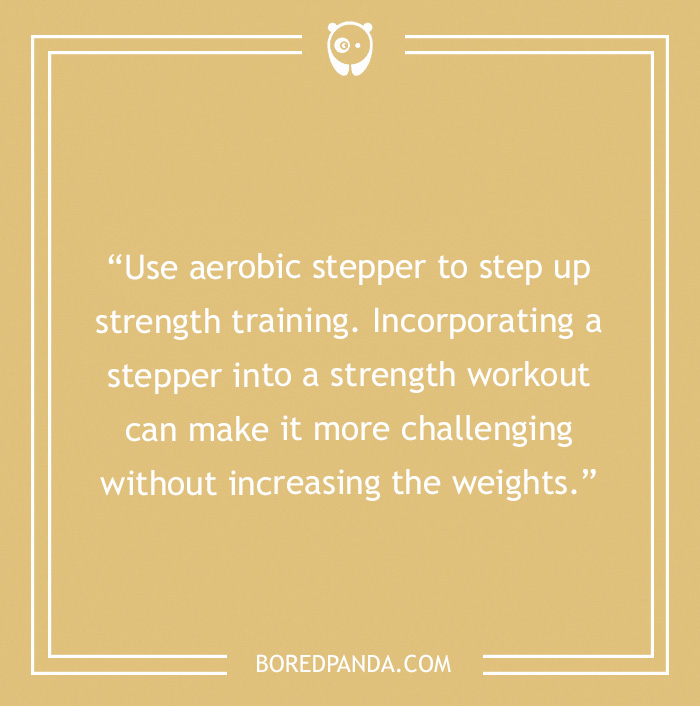 Use aerobic stepper to step up strength training.
Use aerobic stepper to step up strength training.
Incorporating a stepper into a strength workout can make it more challenging without increasing the weights.
Set feasible rules for yourself.
Be it diet rules, exercise, or any other rules, make sure they are feasible, and you will be able to stick to them.
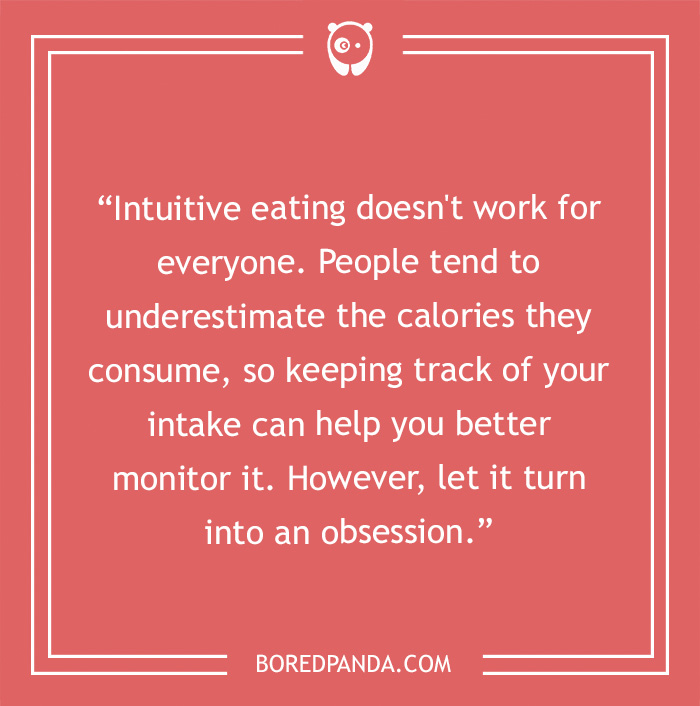 Track your calories.
Track your calories.
Intuitive eating doesn't work for everyone. People tend to underestimate the calories they consume, so keeping track of your intake can help you better monitor it. However, let it turn into an obsession.
Try not to get stuck in the same routine.
They say that old ways won't open new doors. Getting past the plateau often requires switching up your routine. No drastic changes are necessary but just enough to push you out of your comfort zone.
Check the serving sizes.
Often the written calorie amount is that of a specific serving size, so if you're eating twice the serving size, you're consuming twice the calories.
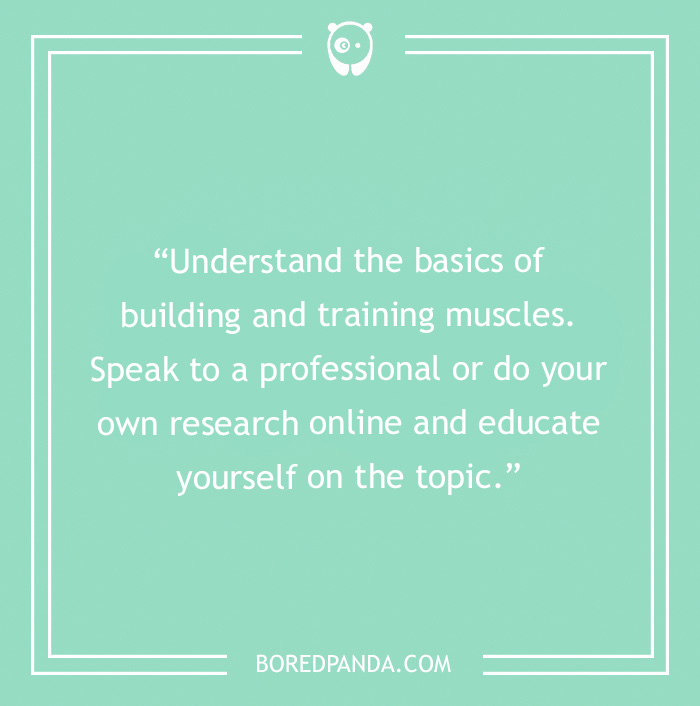 Understand the basics of building and training muscles.
Understand the basics of building and training muscles.
Speak to a professional or do your own research online and educate yourself on the topic.
Tame your sweet tooth.
People who consume less sugar end up with more sustainable weights. When you crave something sweet, think "fruit first."
Track your workouts.
Mark the days when you're working out, and you'll be able to repeat the week that worked for you the best.
Drink tea.
Among many other health benefits, it can also help with digestion.
Read the success stories of others.
It can be a great way to motivate yourself to achieve your own goals.
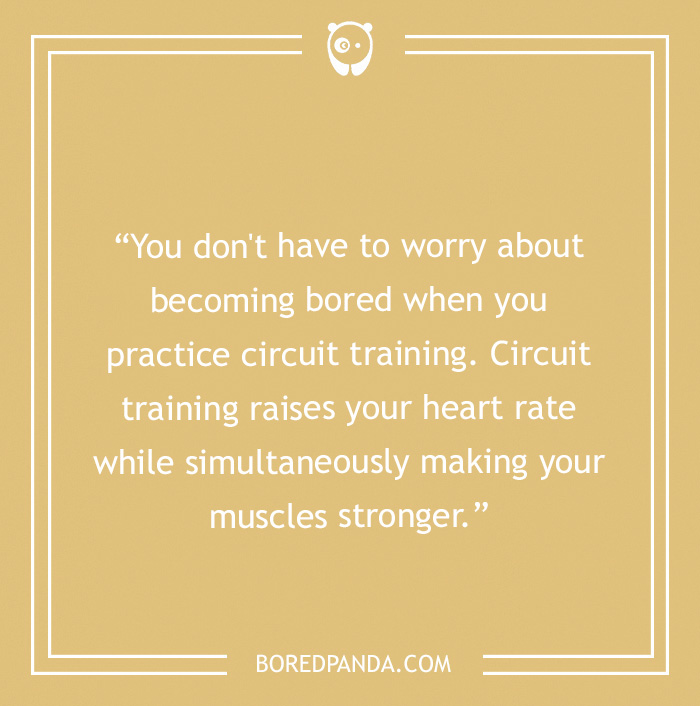 Try out circuit training.
Try out circuit training.
You don't have to worry about becoming bored when you practice circuit training. Circuit training raises your heart rate while simultaneously making your muscles stronger.
Plan ahead.
Use Sundays as a "getting ready" day for the week. Get groceries for healthy meals, snacks and other things you might need for the week ahead.
Make frozen fruit smoothies.
Smoothies are great if you are in a rush or on the go. While relying on "liquid" calories is generally avoided, smoothies can be a perfect quick snack.

 Dark Mode
Dark Mode 

 No fees, cancel anytime
No fees, cancel anytime 







